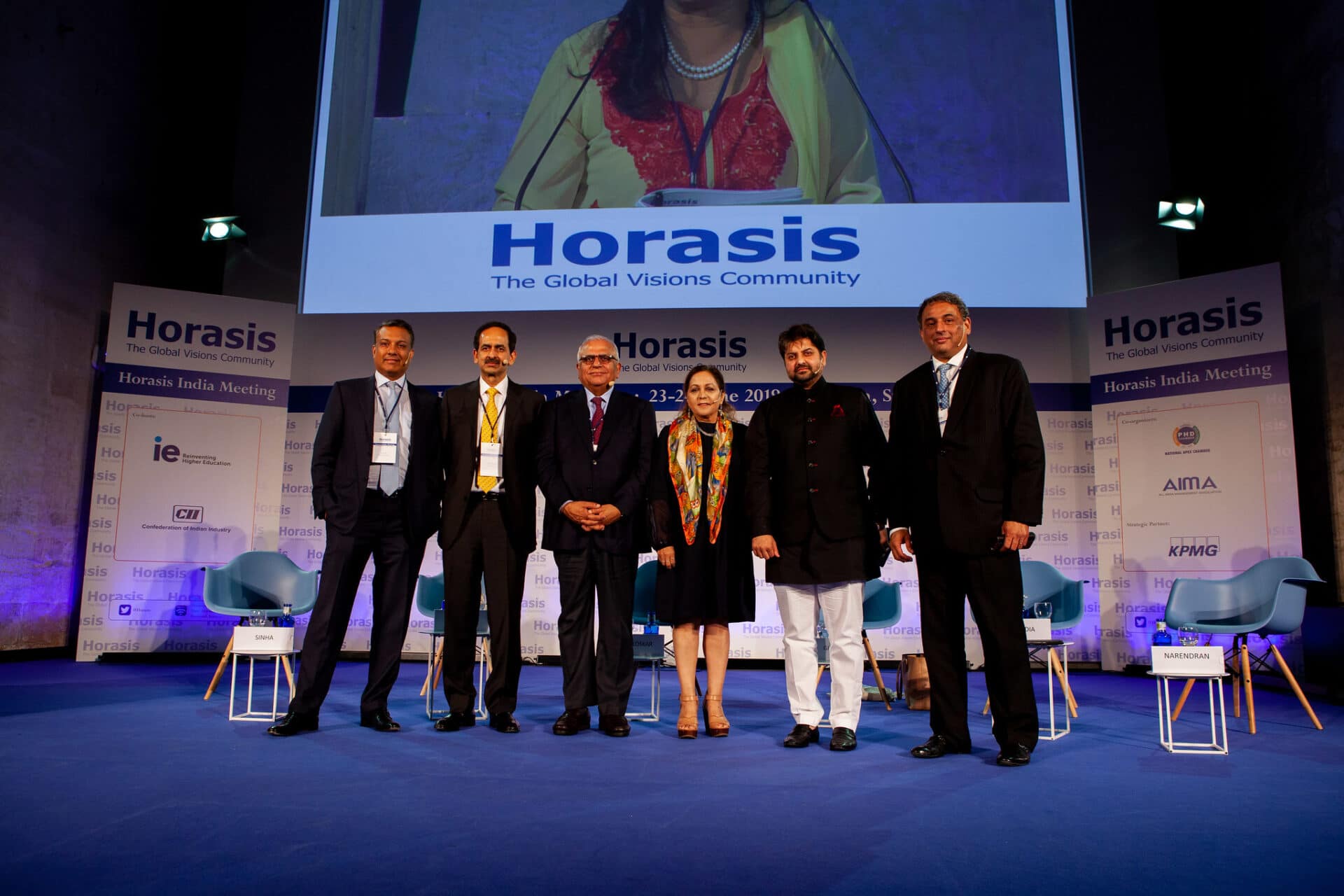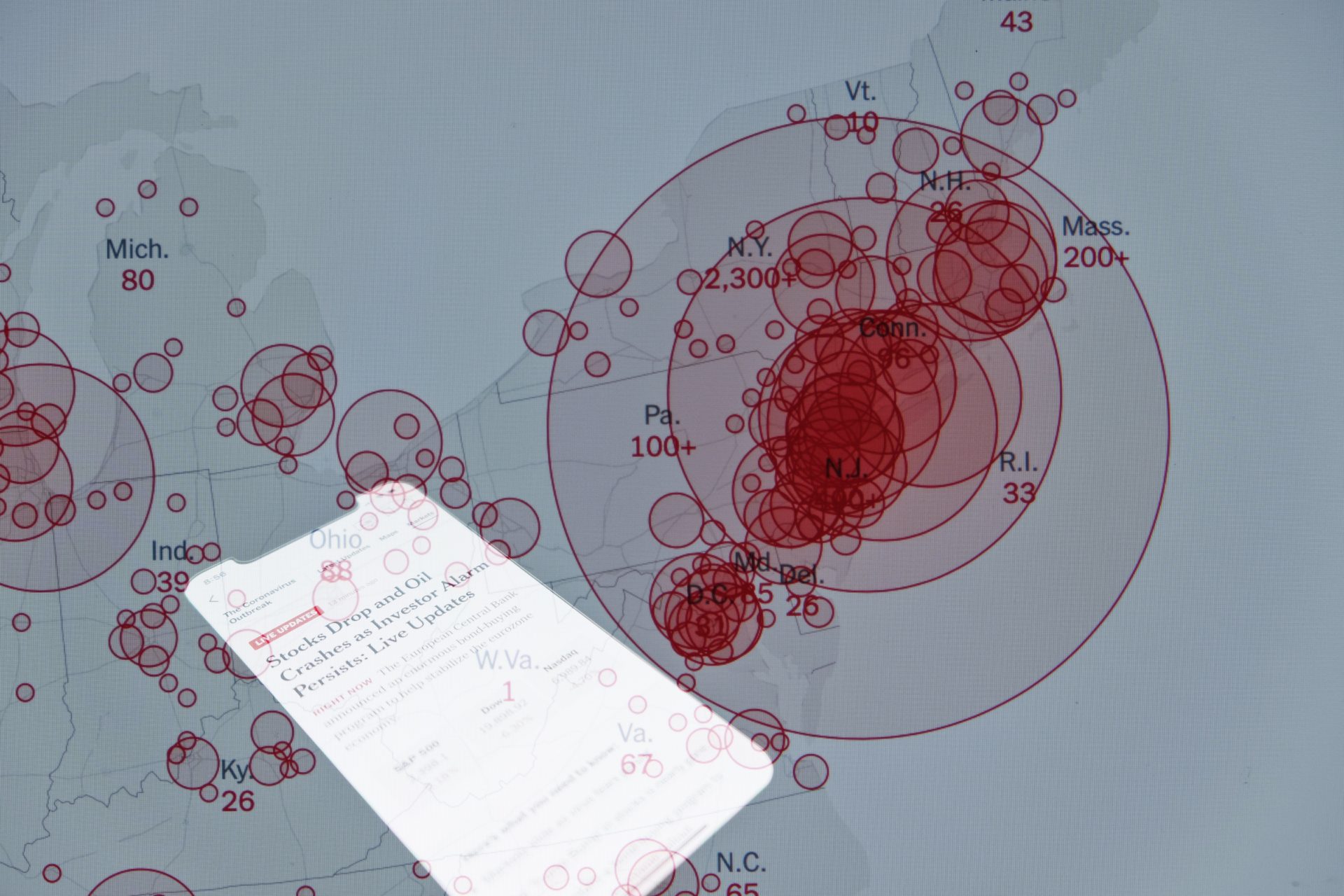Horasis held its (virtual) Horasis Asia Meeting on November 30, 2020 – Asia’s premier gathering of the region’s most senior leaders from business and government
Horasis convened the 2020 Horasis Asia Meeting as a virtual meeting using its new ground-breaking digital conferencing platform. 400 of the foremost business and political leaders from Asia and the world gathered to discuss the profound economic, political and social disruptions caused by COVID-19 and other forces. Delegates interacted with key political and business leaders to jointly develop solutions for dealing with the current crisis and to shape a durable economic system for Asia’s post-COVID future.
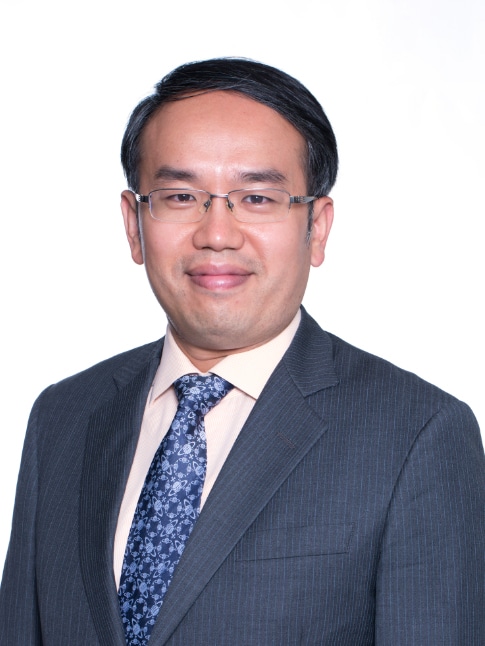
Christopher Hui, Secretary for Financial Services and the Treasury, Hong Kong
The annual Horasis Asia Meeting is Asia’s premier gathering of the region’s most senior leaders from business and government. The location of the meeting rotates annually and recently has been held in Bangkok, Thailand (2016), Kolkata, India (2017) and Binh Duong New City, Vietnam (2018, 2019). Now, within the COVID epidemic, the meeting has turned to a digital delivery, but its focus remains upon Asia – to present a systemic view of activities affecting the drivers of Asia’s economic success and how Asian businesses interact regionally as well as globally.
Ramon Lopez, Secretary of Trade and Industry, The Philippines noted how COVID had disrupted social lives, and trade disruption was an issue. But the Philippines is to redevelop economic priorities towards the healthcare sector pivoting operations to products and services urgently needed during and beyond the health crisis.
Meutya Viada Hafid, Chairman of Commission I, House of Representatives, Indonesia also remarked how Indonesia had played a strong role pre-COVID in pharma and medical tourism yet was, like many nations, caught out by the rapidity and severity of the pandemic and its effect on the economy. She expected IT to underpin future growth and well-being.
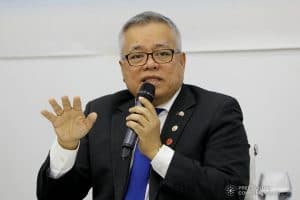
Ramon Lopez, Secretary of Trade and Industry, The Philippines
Fabrizio Hochschild, Under-Secretary General, Special Adviser on Preparations for 75th United Nations Anniversary, United Nations, USA explained how the UN developed the concept of UN75 to celebrate its 75 years. It recorded over a million responses to dialogues that evolved a theme “The future we want – it’s the UN we need”. Ideas that were echoed by Nguyen Minh Vu, Vice Minister of Foreign Affairs, Vietnam who noted many Asian nations are very diverse – and believes this is a strength. Its pluralism will lead to coherence and a competitive advantage through increasing dialogue, ensuring that cultural diversity supports a wide range of heritage and can raise quality of life. Hank McKinnell, Chairman, Moody’s, USA suggested when USA re-enters Asia mutual understanding will be needed.
Cherie Nursalim, Vice Chair, GITI Group, Indonesia talking on women empowerment, says this is within the SDGs and will support new finance models, digitization that aids urban/rural integration, and new educational modes will and must engage the young. Gregorio Honasan, Secretary of Information and Communications Technology, The Philippines noted that across the economies of the Philippines and the Pacific region IT infrastructure is seen as a key to growth, permitting urban and rural activities to be linked to enable seamless development.
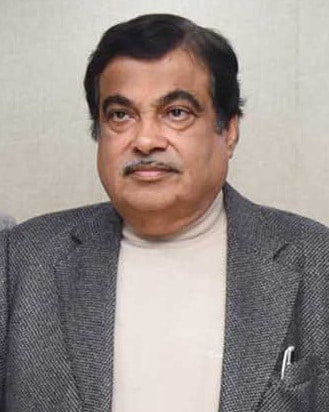
Nitin Gadkari, Minister for Road Transport and Highways, Shipping and Water Resources
Christopher Hui, Secretary for Financial Services and the Treasury, Hong Kong SAR suggested that Hong Kong may become the world’s newest financial centre. It has seen huge benefit from globalisation and has continuing accords in place. Sansern Samalapa, Vice Minister of Commerce, Thailand noted that Asia’s emerging manufacturing hub in Thailand was mediated by greater use of IT that promoted food security. Thailand’s strengths will encourage more investment and trade with better business practices.
Indeed, IT development in India is also promoting a cashless nation, though much work is to be done emphasised Nitin Gadkari, Minister of Road Transport & Highways, Shipping and of Micro, Small and Medium Enterprises, India. ‘India will become the manufacturing centre of world as it improves quality and reduces costs to increase exports,’ he said.
Delegates discussed how to travel the path through Asia’s big transitions and how to adopt innovation to build a resilient Asia. A few days before this meeting, the ASEAN nations met and agreed a new accord – the Regional Comprehensive Economic Partnership (RCEP). However, Binod K. Chaudhary, Chairman, Chaudhary Group, Nepal worried that the region has also 30% of the world’s poorest, surviving on less than $1/day. Harsh Pati Singhania, Vice Chairman, JK Paper; President, President AIMA, India affirmed that India will keep a watchful stance on RCEP, and will join when it is clear there is a level playing field.
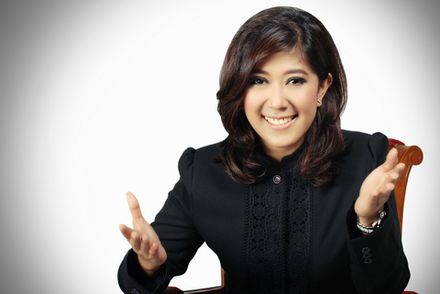
Meutya Viada Hafid, Chairman of Commission I, House of Representatives, Indonesia
Vinod Sekhar, Chairman and Group Chief Executive Officer, Petra Group, Malaysia accepts Asia (and RCEP) varies politically from non-democratic to democratic; with Malaysia being centrally located, and multi-faceted across its own political and social spectrum. It is helpful, suggests Vijay Eswaran, Executive Chairman, QI Group, Hong Kong that Southeast Asia plays a political middle role. Zhi Peng, President, Tsinghua Asset Management Group, China, thought China was emerging stronger from COVID crisis. She emphasised China’s 14th 5-year plan which replaces high-speed growth with high-quality growth. Paul Scanlan, Chief Transformation Officer, Huawei, China needs educationalists and politicians to talk facts, and importantly develop trust.
Kenji Kitahashi, Mayor of Kitakyushu, Japan highlighted Kitakyushu’s initiatives – the city was recognized by the OECD as a Green Growth City; as well as an Eco-Model City, Future City, and SDGs Future City by the Japanese government – it is pressing ahead with the first of its kind on city-level SDGs in the world. He welcomed Horasis to the city for its next Horasis Asia Meeting in 2021.
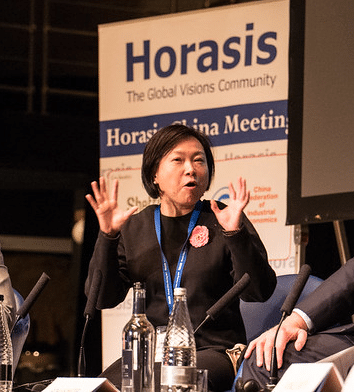
Zhi Peng, President, Tsinghua Asset Management Group, China
Horasis offered the conceptual backbone and action platform in this meeting to advance Asia’s recovery – envisioning and implementing novel business models, new political cooperation and deep social cohesion. It is not possible to return to the old models – new global stake-holders will emerge to make calmer the continuing turbulence.
Key take aways:
- The management of COVID-19 has shown how nations can cooperate globally in its management and potentially its cure. And in Asia the demand for healthcare products from drugs to protective gear has created a much larger global supply industry.
- The COVID confinement has created new ways of working – at home and in factories as social distancing must be observed. Factories closed, then reopened albeit working at a slower rate until the process were rearranged. At home work was also complicated as children had to be educated, mostly digitally; and in parallel, office work migrated to homes. New methods of blended teaching were developed and in future will be developed further.
- As ASEAN illustrated, even in diversity it is possible to create new accords. RCEP may indicate one way in which Asia-Pacific values can be harnessed for new growth, developing wealth and well-being for many.
- As COVID is managed or cured we must look to greater multilateralism and to manage diversity carefully so as to meet the goals of the SDGs.
- And as firms recover from COVID they must incorporate greener work processes and expunge pollutions to mitigate all climate change effects.
- Across Asia there are three important thrusts: develop thoughtful and critical education, develop production and supply chains that minimise energy consumption, and to underpin most ventures the development of the IT that binds all together.

